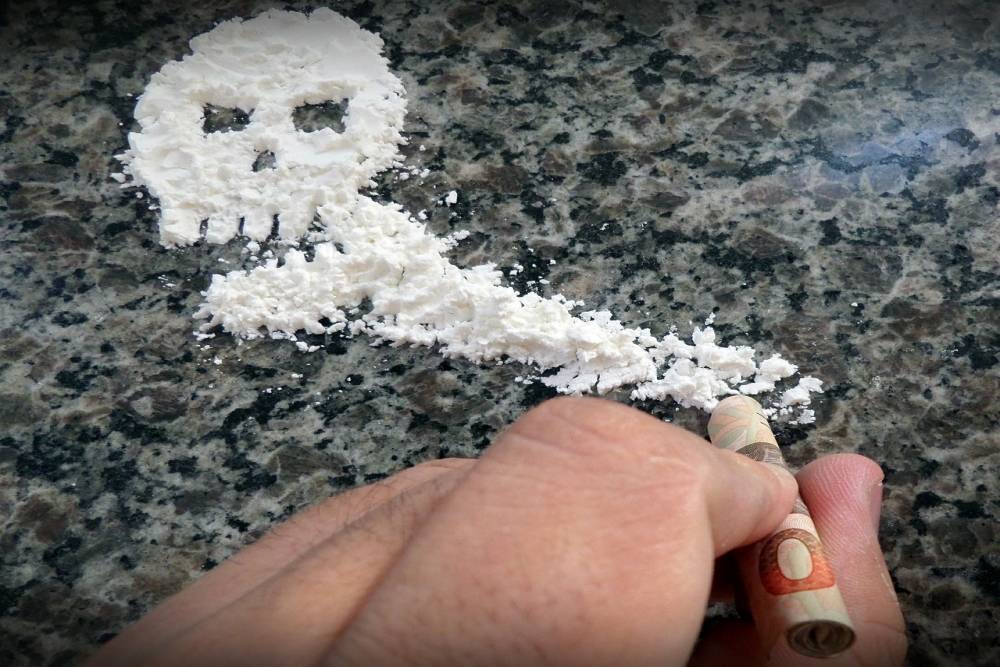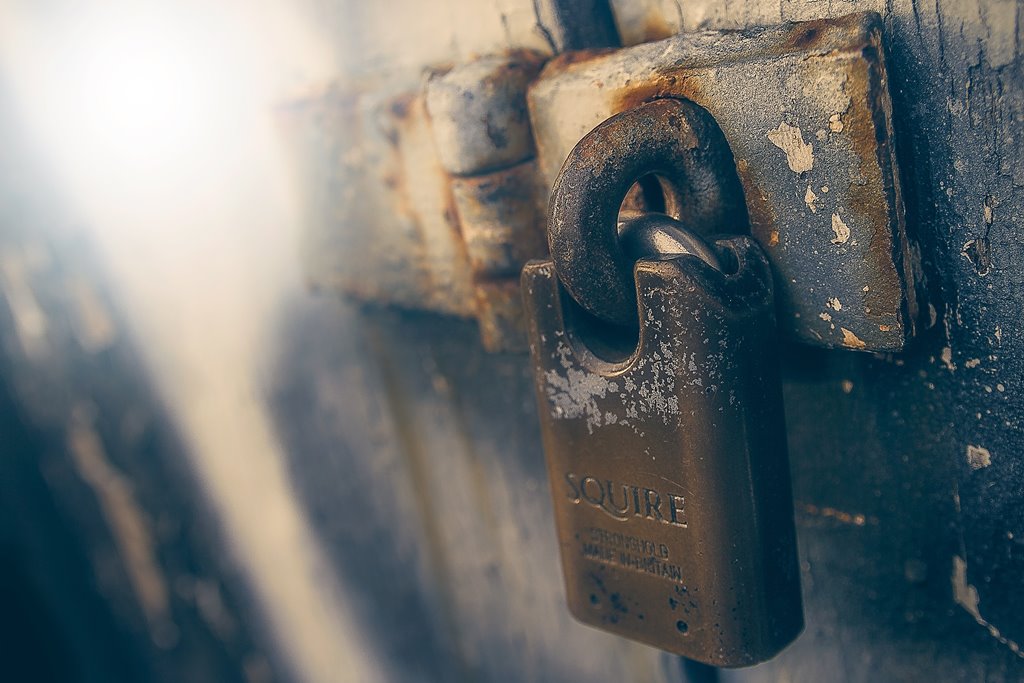British teenagers’ drug abuse at some of the prestigious schools from Britain is on the rise, even at a tender age of 12, reports Tatler.
Private schools in Britain are usually high-priced and abundantly resourced. As a result, it is natural to assume that the students lucky enough to get admitted to these schools receive a superior-quality education and attention. Regrettably, this is not the case this time.
Talk to any youngster, and you are likely to hear constant whine about stress to perform academically, come up to parent’s expectations, or be popular among peers.
The investigation findings
A probe into the prevalent social issues among Britain’s youngsters, conducted by Britain’s popular magazine, Tatler, reveals that Britain’s top schools are battling against an omnipresent threat of students indulging in class A drugs.
Upon conducting a set of interviews with youngsters, another horrifying detail was unearthed – teenagers consuming drugs had peers support from those actively involved in the drug trade.
The ones commonly consumed are cocaine, ketamine, MDMA, and cannabis. Among others, nervous system stimulants like Ritalin and Adderall are widely used.
In one of the distressing interviews, a seventeen-year-old teenager confesses that drugs have become an essential part of today’s party culture.
Drug-consuming students are everywhere; on the streets, outside schools, and at times, even at the dormitories. According to him, it is not only impossible to withstand the drug addiction, but some are also coerced into using them.
A nineteen-year-old former student from a renowned London’s girls’ school admits that one of her friends would take the MDMA just before class periods to make them “more interesting.”
While some school kids let out the constant presence of drugs around them, others claimed that in some schools, it is considered abnormal if one has not “experienced” drugs yet.
Parents bear the brunt
What is more unnerving is the fact that these drugs are costly, and one of the reasons students from privileged class families are giving into drugs is because they have the resources and wealth.
The magazine further discloses that the number of admissions into rehab and boot camps have been escalating in recent years. The gravity of the situation is evident from the fact that some parents even prefer to pay an exorbitant fee for the best rehab program, sometimes conducted internationally in places like the Netherlands or the US, rather than relying on government-affiliated institutes.
With alarming episodes of mental disorders such as hallucinations and delusions witnessed in schools, some parents were forced to shell out an enormous rehabilitation fee of seventy thousand pounds (£70,000).
The ubiquitous influence of drugs can be felt through its widespread distribution network using the dark web or social networking sites. The ones pressed for cash, choose to sell their clothes or valuable personal belongings on an online shopping app.
Indeed, the research findings do shed light on the social predicaments of youngsters from the 21st century; however, it is equally upon the parents and the society to prevent the youth from scenarios that potentially lead them to substance use.







